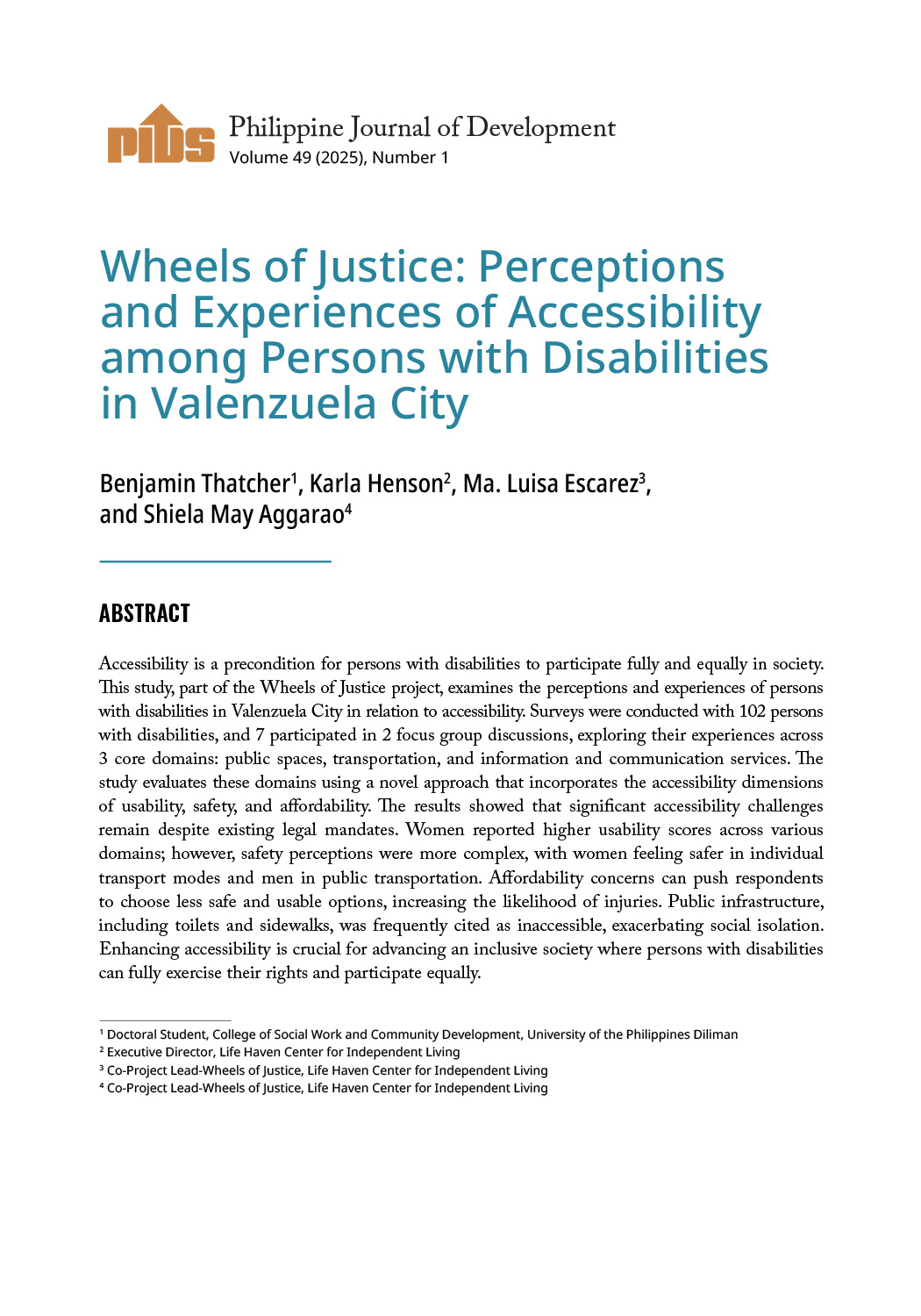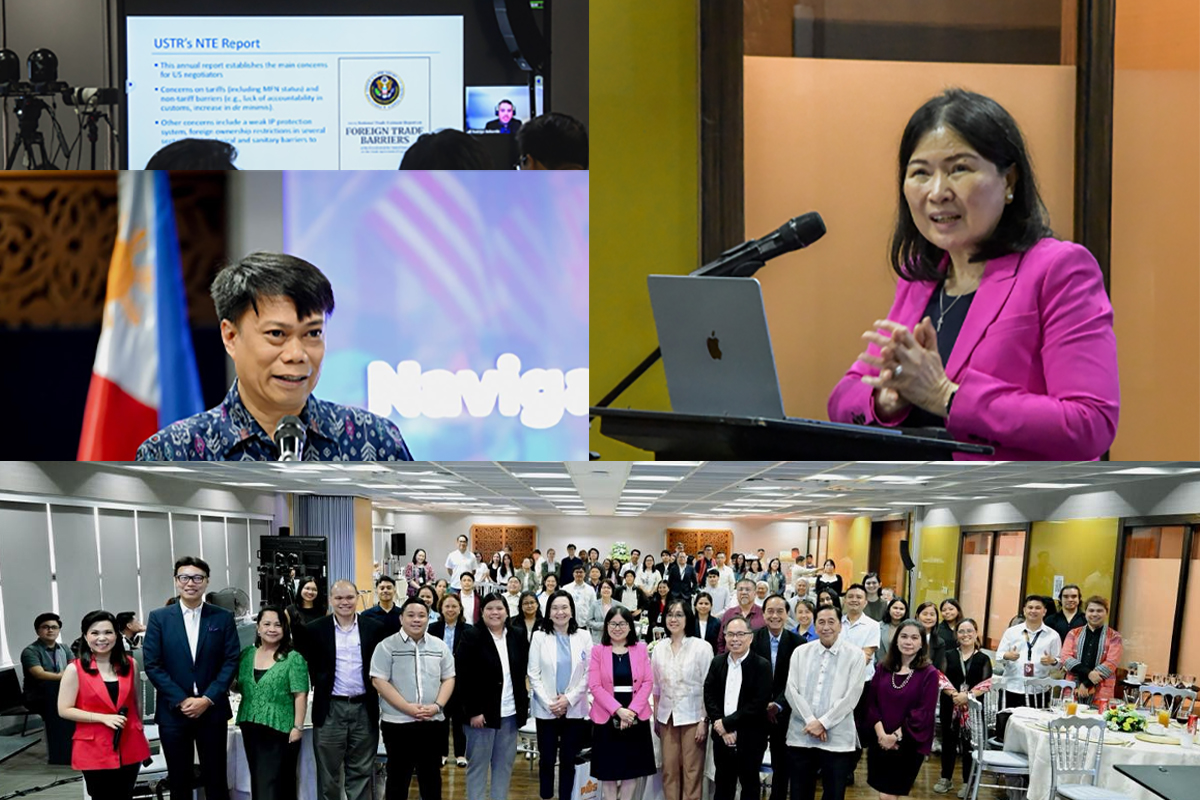THE PHILIPPINE Institute for Development Studies (PIDS) wants to broaden the level of transparency in the government’s foreign investment negative list to aid prospective foreign investors in making more informed decisions.
According to the state-run think tank, the current Regular Foreign Investment Negative List (RFINL) only contains information on the threshold allowed for foreign investments in a particular sector.
PIDS pointed out, however, that foreign investors are interested in the whole gamut of restrictions that may apply to them in the country’s investment regime, to help them accurately assess the potential impact in a given industry on their investments.
“They need to know all the regulatory measures that affect them and their investment from establishment, operation, and disposition. From a transparency perspective, such information should be made available and accessible to the public in a form that is easy to understand,” read PIDS policy note this month as authored by Glenda T. Reyes.
The report noted that the current structure of the negative list “does not take into account regulatory measures that have crosscutting implications on all sectors and activities, such as limitations on the citizenship of board of directors and economic needs test on employment of foreign nationals.”
“Banks and other financial institutions under the General Banking Act and other laws under the ambit of the Bangko Sentral ng Pilipinas are also excluded from its scope,” it added.
The report cited examples of these regulatory measures including the limitations on the number of suppliers, value of transactions, total number of natural persons, measures requiring specific type of legal entity or joint venture, and exceptions to the general rule where foreign participation may be allowed in specific circumstances, among others.
“As such, potential foreign investors still have to do further work to search for these information, which entails additional costs on their part and adds to the risks of doing business in the Philippines,” the policy note read.
Enhancing the level of transparency for foreign investors is “critical,” PIDS said, adding this should be a priority of government amid an “ever-increasing level of global competition,” with other countries having already expanded their respective negative lists.
It added that a broadened scope of the negative list covering regulatory measures “have as much impact as equity limitations on foreign participation and can affect them at the pre- and post-establishment phases of operation.”
“Taken together, these measures bear upon the decision-making process of foreign investors,” PIDS added.
However, changes in the RFINL structure may still need amendments to Republic Act No. 7042, or the Foreign Investments Act of 1991, as this serves to guide the content of the said list.
“Notwithstanding, the Executive department can call upon its departments and agencies to come up with a transparency list to supplement and address the deficiencies of the FINL,” PIDS said.
The 11th RFINL is currently under review by the Office of the Executive Secretary before it is endorsed for President Rodrigo R. Duterte’s signature.
Mr. Duterte has ordered concerned government agencies to “exert utmost efforts” in easing or lifting foreign restrictions on Philippine industries in a bid to increase investments to the country, after the 10th RFINL was generally unchanged from the previous one.
However, the National Economic and Development Authority said the upcoming list only contains eased sectors allowed by the law and the Constitution. NEDA will still pursue necessary amendments for a more robust liberalization of the RFINL.












